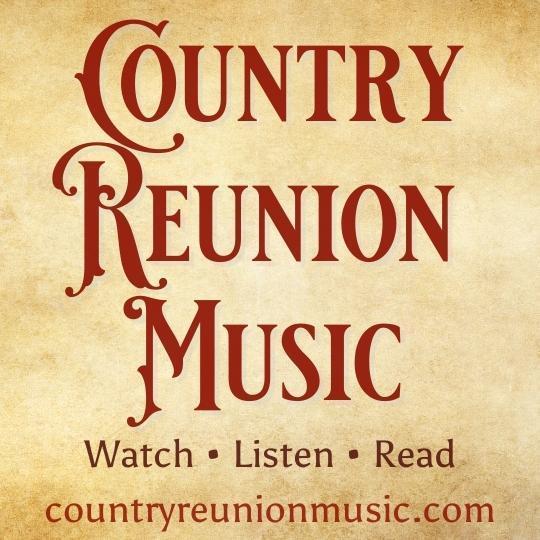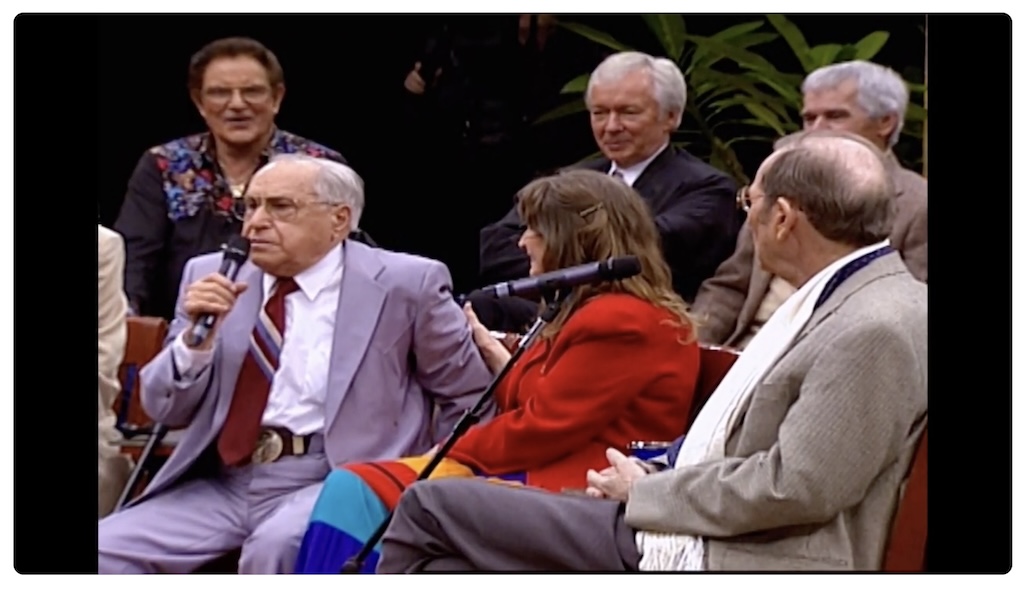Country pioneer Bill Carlisle’s long career rang true to his early nickname, Jumpin’ Bill Carlisle.
Born in Wakefield, Kentucky, on Dec. 19, 1908, he began performing with his older brothers, Cliff, Louis, Marion and Milton Carlisle, during the 1920s on their Saturday Night Barn Dance program that aired on Lexington, Kentucky’s radio station, WLAP-AM.
The brothers first recorded for the American Record Corporation, but during the 1930s they recorded for a variety of labels, including King and Decca. They sensationally popularized songs such as “Jumpin’ Jerkin” Blues,” “Sally Let Your Bangs Hang Down” and “String Bean Mama.”
In 1933 Carlisle made the touchy subject of adultery comical with his hit rendition of the old song, “Rattlesnake Daddy.” The song allowed Bill to show off his flat-picking, precision and speed on the guitar. The medley also showcased brother Cliff’s skills on what the industry referred to as the Hawaiian style or Dobro resonator guitar.
Both of the mainstream Carlisle brothers released energetic songs, and for their time their music contained far more sexual references than most other period songs. In 1946 the brothers had a number five hit with the Earnest Tubb cover called “Rainbow at Midnight.”
When brother Cliff retired, Carlisle decided to pep up his solo career. He soon had a No. 14 hit “Tramp On The Street.”
Carlisle was also known for achieving almost pure perfection when it came to his comic alter ego named “Hot Shot Elmer.” Radio personalities were a huge deal at the time because, and shows like Mid-Day Merry Go Round and Tennessee Barn Dance were what folks loved and listened to religiously.
“Bill was hilarious,” recalled Nashville studio guitarist Ray Edenton, who worked at WNOX in Knoxville, Tennessee, in the late 1940s.
“Little Robert would jump up, land on his hands and then kick like a mule,” Edenton recalled, referring to diminutive cast member Robert Van Winkle. “Bill had his rough ‘Hot Shot’ voice, sort of like a frog, and he’d shout, ‘I don’t know which end he’s gonna fight with!’ Everybody loved it.”
After he signed with RCA in 1948, he began to record what he called his “crazy songs.” Everyone else in the world called them mega hits. His No. 6 hit began with 1951’s “Too Old To Cut the Mustard.” Many artists, including Rosemary Clooney, later covered the chart-topper. It was followed by his 1953 No. 1 hit, “No Help Wanted.”
In the ‘50s Carlisle formed his own group called The Carlisles. He promoted women’s advancement in the Country music industry without even realizing it by including talented ladies such as Betty Amos and Martha Carson in his group. Two of the group’s well-known songs were “Knothole,” a No. 3 hit in 1953, and “Is Zat You, Myrtle,” a No. 2 hit. The “crazy songs” era came to a close with a No. 5 hit, “Tain’t Nice (to Talk Like That).” His last hit was the 1965 song, “What Kind of Deal Is This.”
His group joined the Grand Ole Opry during the mid 1950s and became one of the most uniquely remembered groups of its day. Carlisle made performances fun with his carefree, energetic and comical style, even adding humorous banter between himself and other members of his band.
It’s been noted that Bill Carlisle set the stage for many future artists with his music and guitar medleys. Another seldom-mentioned accomplishment was the fact he wrote some of his most successful songs.
Many of the songs he performed included yodeling and had an Americana quality about them while staying true to their Country roots. However, he didn’t stop there. After the death of his grandfather, he wrote and recorded “Gone Home.” The inspirational song was performed by the Hee Haw Quartet on “Hee Haw” and recorded over the ensuing years by musicians such as Ricky Skaggs, Flat & Scruggs and the Jerry Garcia Acoustic Band.
Beyond all the songs and stages, Carlisle was a family man. He was married for 62 years to Leona King Carlisle with whom he had son Bill Jr. and daughter Shelia. His children became part of The Carlisles, recording and performing with their father.
Even after the family’s move to Louisiana in 1953, Carlisle appeared on the Grand Ole Opry for half a century. His last performance was two weeks before his death on March 17, 2003, just two weeks after he was elected to the Country Music Hall of Fame and nearly eight decades after he first began entertaining audiences.
- by Sasha Kay Dunavant, Country Reunion Magazine
Watch Bill perform on Country’s Family Reunion here.

